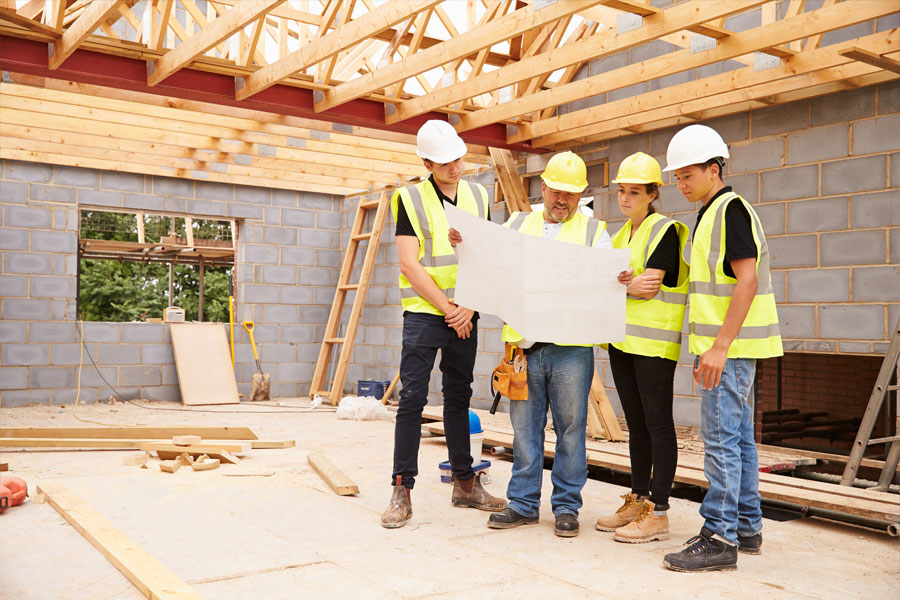
If you’re in the market to buy a home, you have some big decisions to make. One is whether you want a custom home, a production home, or an existing home.
In this article, we’ll go over what a custom home is and the pros and cons of going this route. Let’s get started!
What is a custom home?
A custom home is a house designed and built specifically for you. Unlike existing homes, it hasn’t been built yet. And unlike production homes, you play an active role in designing the layout, choosing the building materials, and personalizing the home.
In short, custom homes are the most tailorable.
But like most things, building a custom home has pros and cons. Next, we’ll dive into what they are so you can make a more informed buying decision.
Pros of Building a Custom Home
Let’s start with the advantages of building a custom home:
1. Less Competition
It’s no secret that the U.S. housing supply is low. Consequently, competition for homes is relatively high. This can lead to bidding wars, lots of negotiating, and paying well above the asking price. With custom-built homes, however, you typically work directly with contractors (or a general contractor) who have set prices, eliminating the competition for you as the buyer.
2. Personalization
When buying an existing home, the layout is already set. If you want to personalize it, you’ll have to invest in expensive remodeling. With a custom home, you can design the layout yourself and choose different styles, such as farmhouse, modern, or split-level. No need to make changes when you move in. It’ll be ready for you just the way you want it.
3. Lower (Upfront) Maintenance Costs
Because all the materials on a custom home are new, you will have fewer upfront maintenance costs. If there are any construction issues, they are typically covered by warranty. This means that you’ll spend less time and money on upkeep (at least for the first few years).
4. Energy-efficient Materials
Today’s building materials meet higher energy-efficiency standards than in the past. With a custom home, you can look forward to more insulated walls and windows as well as more efficient HVAC systems and Energy Star appliances. You also have more say in what types of materials are used.
Cons of Building a Custom Home
Next, here are the drawbacks of building a custom home:
1. Time
When buying an existing home, you can usually move in upon closing. But with custom homes, you must wait much longer. Design to completion can easily take a year and potentially longer if there are construction delays. So you must be prepared for an extended wait.
2. Expense
On average, new custom homes cost more than existing homes—simply because you must pay for their construction, not just the physical asset. Plus, you must pay for any designer and architect fees. This can make custom homes more expensive upfront.
3. Lack of Mature Landscaping
In most cases, a new construction home won’t have any landscaping. You’ll have to start it from scratch, which can take a lot of work and time. If there is vegetation onsite already, you may make plans with the architect and builder to preserve them. However, you’ll probably still need to put in a lot of work until the landscaping looks complete.
4. Location limits
When building a custom home, it may be hard to find a location you like. Available lots may be limited to rural areas and city outskirts since this is where land tends to still be undeveloped.
The Final Verdict
At the end of the day, there are good reasons to build a custom home and not to. It really comes down to your personal preferences, budget, and needs. Carefully weigh your options and consult other household members to see what’s best for your situation.







